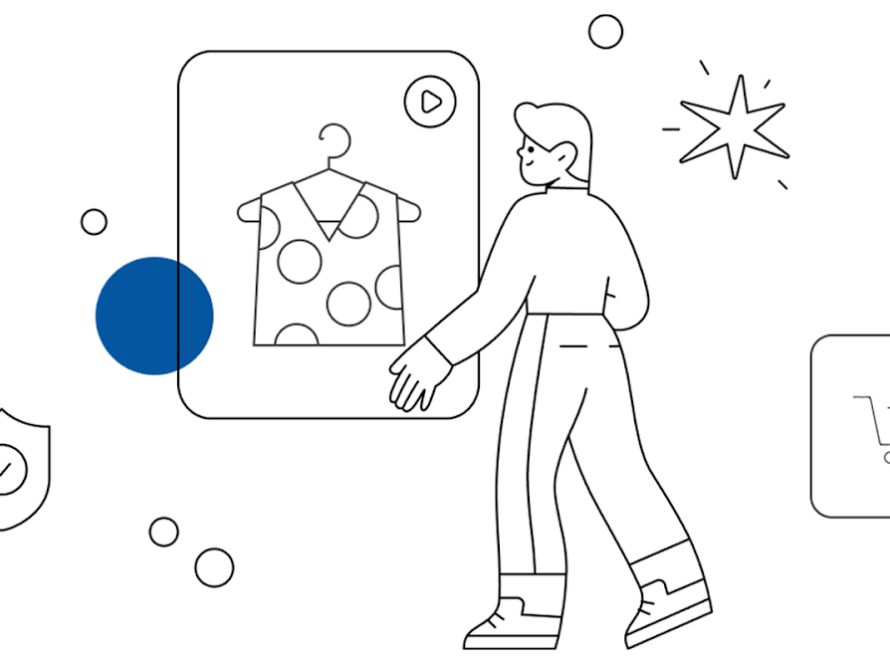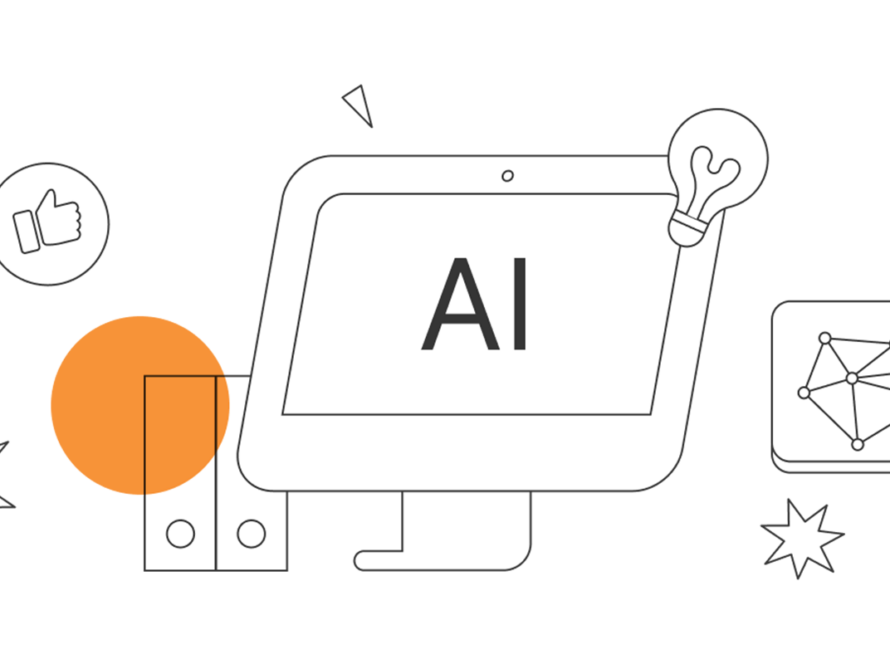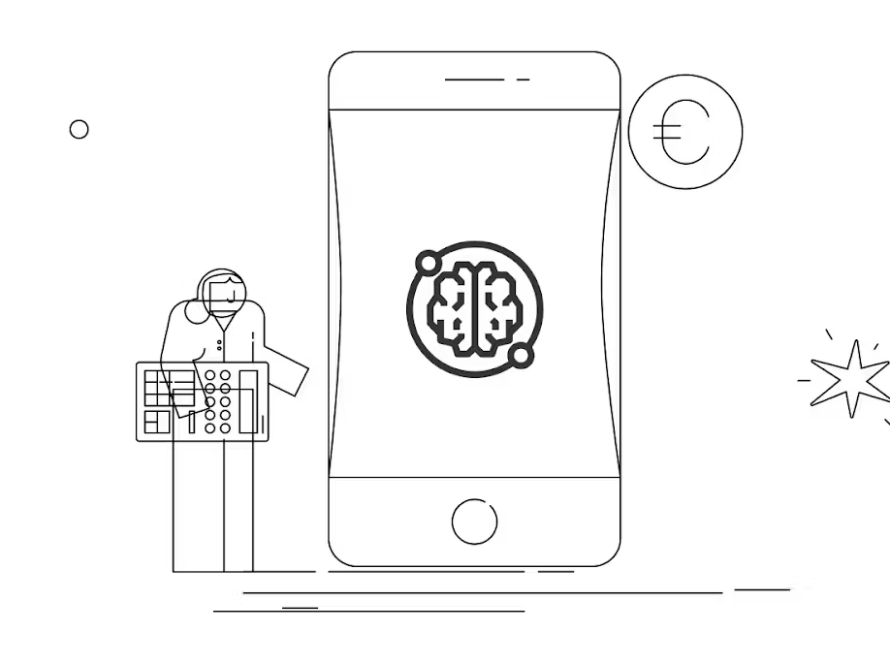With the advent of artificial intelligence (AI), the boundaries of what’s possible in software development are constantly expanding. AI isn’t just a buzzword; it’s a transformative force reshaping the way engineers approach their craft. From automating mundane tasks to enabling breakthroughs in machine learning algorithms, AI holds the key to unlocking new levels of efficiency and creativity in software engineering.
In this article, we look into the ways software engineers can leverage the power of AI to propel their projects forward and stay ahead in an ever-changing landscape.
Understanding Artificial Intelligence
Artificial Intelligence, coined by John McCarthy in 1955, refers to the simulation of human intelligence processes by machines, particularly computer systems. It encompasses a range of techniques such as machine learning, natural language processing, and deep learning, enabling computers to perform tasks that typically require human intelligence.
The integration of AI in software development has ushered in a new era of innovation and efficiency. With AI’s ability to automate routine tasks, analyze data, and provide insights, software engineers can now streamline their workflows and deliver higher-quality solutions in less time.
The Growing Influence of AI in Software Development
AI finds applications across various stages of the software development life cycle (SDLC), including requirements gathering, design, coding, testing, and deployment. From automating repetitive tasks to enabling predictive analysis, AI revolutionizes the way software is developed and maintained.
According to recent statistics from Grand View Research, the global AI market is expected to grow by 37.3% from 2023 to 2030. This growth trajectory reflects the increasing adoption of AI across various industries, with software development being one of the primary beneficiaries.
Currently, 31% of companies leverage AI tools for code creation, and 70% of executives believe that AI can reduce repetitive manual tasks. Moreover, 70% of developers agree that AI tools enhance their productivity, underscoring the significant impact AI has on software development efficiency.
Benefits of AI for Software Engineers
- Enhanced Efficiency and Productivity
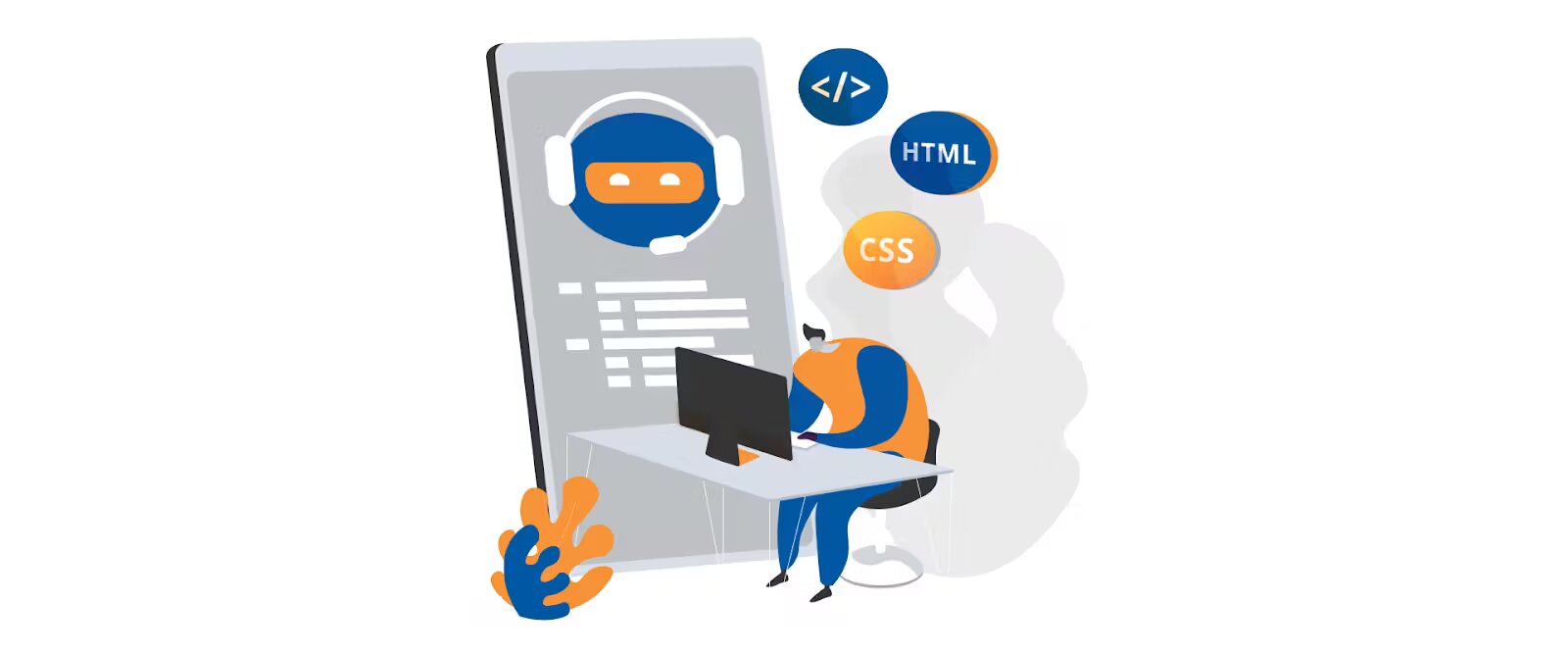
- Automated Testing and Debugging
AI-driven testing frameworks can automatically generate test cases, identify bugs, and optimize code quality. This not only speeds up the testing process but also enhances software reliability and performance.
- Predictive Analysis
By analyzing vast amounts of data, AI algorithms can predict potential issues, recommend solutions, and optimize software performance. Predictive analytics empower software engineers to make informed decisions and proactively address challenges.
- Improved Code Optimization
AI-powered code generation tools can suggest optimizations and improvements, helping engineers write cleaner, more efficient code. By analyzing existing codebases and programming patterns, AI algorithms assist in crafting code that is both elegant and performant.
“Currently, 31% of companies leverage AI tools for code creation.”
- Enhanced Collaboration
AI facilitates collaboration among developers by automating tasks related to project management, version control, and communication. By streamlining workflow processes and providing real-time insights, AI fosters seamless teamwork and encourages knowledge sharing among team members.
- Personalized Development Environments
AI-driven development environments can adapt to individual programmer preferences, offering personalized suggestions and shortcuts tailored to each engineer’s coding style. These intelligent IDEs empower developers to work more efficiently by providing contextually relevant assistance and automating repetitive tasks.
“Exper Labs serves as a trusted partner, providing the expertise and support needed to navigate the complexities of AI-driven development.”
Tools and Technologies for AI Integration
- Machine Learning Libraries
Popular machine learning libraries such as TensorFlow, PyTorch, and sci-kit-learn provide software engineers with robust tools for developing AI models and algorithms. These libraries offer a wide range of pre-built functionalities, making it easier to implement AI solutions.
- Natural Language Processing Tools
Natural language processing (NLP) tools like NLTK and spaCy enable software engineers to analyze and understand human language. NLP algorithms are widely used in chatbots, sentiment analysis, and text summarization applications.
- Deep Learning Frameworks
Deep learning frameworks such as Keras and TensorFlow enable the development of complex neural networks for tasks like image recognition, speech recognition, and language translation. These frameworks offer flexibility, scalability, and performance optimization for AI-powered applications.
Future Trends and Opportunities
- AI-Powered Code Generation
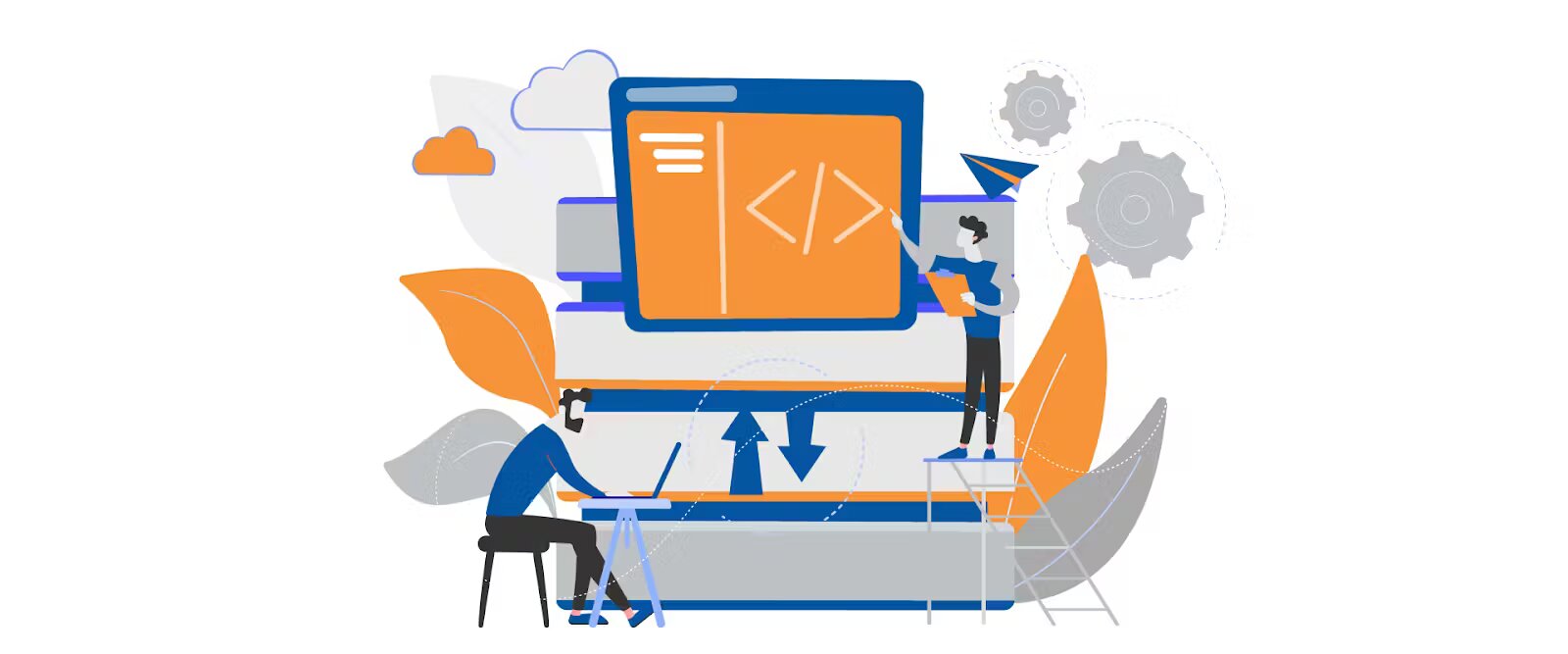
AI-driven code generation tools automate repetitive coding tasks, accelerate development cycles, and improve code quality. As AI algorithms become more sophisticated, they have the potential to generate entire software applications based on high-level specifications.
- Autonomous Software Development
Autonomous software development platforms leverage AI to analyze requirements, design system architectures, and implement code autonomously. These platforms enable software engineers to focus on higher-level tasks while AI handles the intricacies of software development.
“Google utilizes AI for automated testing, code optimization, and natural language processing in products like Google Search and Google Assistant.”
- AI-driven DevOps
AI-powered DevOps solutions streamline deployment pipelines, optimize resource allocation, and predict system failures before they occur. By integrating AI into DevOps practices, software engineers can achieve continuous improvement, scalability, and reliability in software delivery.
Case Studies: Companies Leveraging AI in Software Engineering
Google utilizes AI for automated testing, code optimization, and natural language processing in products like Google Search and Google Assistant.
Facebook employs AI for content recommendation, image recognition, and sentiment analysis to enhance user experience and engagement.
Netflix utilizes AI algorithms for personalized content recommendation, dynamic pricing, and video encoding, driving customer satisfaction and retention.
Final Thoughts
As the integration of AI in software development continues to evolve, software engineers must embrace these advancements to stay ahead in a rapidly changing landscape. By leveraging AI tools effectively, developers can enhance their productivity, improve code quality, and deliver innovative solutions that drive positive impact across industries.
Companies like Exper Labs are at the forefront of this revolution, pioneering innovative AI solutions that empower developers to build smarter, more efficient software. By leveraging our cutting-edge technologies, developers gain access to advanced tools and platforms that enhance their productivity, streamline development processes, and unlock new possibilities in software engineering.
Exper Labs serves as a trusted partner, providing the expertise and support needed to navigate the complexities of AI-driven development.

